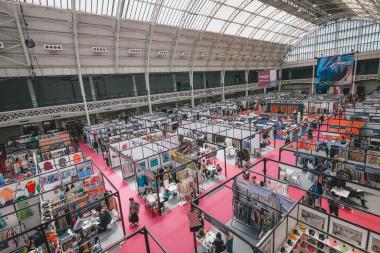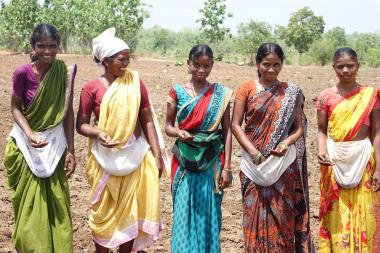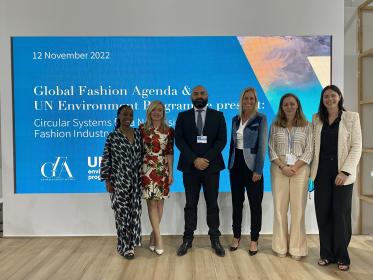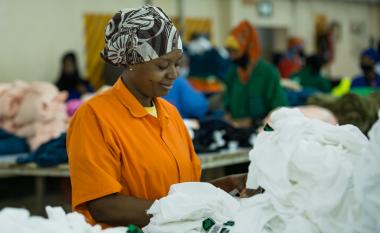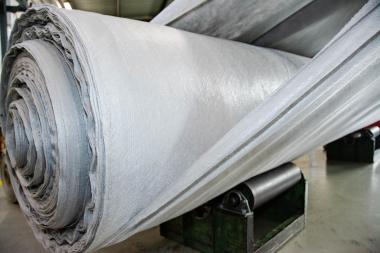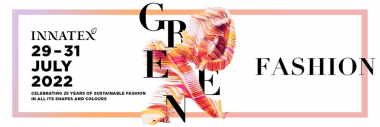Stratasys published Second ESG and Sustainability Report
Stratasys Ltd. published its second Mindful Manufacturing™ ESG and Sustainability Report in accordance with the Global Reporting Initiative (GRI) standards, fulfilling its commitment to transparency. The report includes an extensive overview of activities and advancements in Stratasys’ environmental, social and governance (ESG) programs.
Some highlights of the Mindful Manufacturing ESG and Sustainability report, by category, include:
Environmental
- Stratasys reduced water intensity by 32.5 percent across global operations, leading to an overall reduction in water usage by the company.
- Solar panels installed at Israeli facilities generated 441,339 kWh of renewable energy, which contributed to 207 metric tons of reduced CO2 emissions, or the equivalent of planting 3,423 trees
- Double digit (11.3 percent) increases in the number of spools, cartridges and canisters recycled through a new recycling program.
Social
- More than 38,000 hours of employee training were provided, equaling 18 hours of training per employee.
- Approaching world-class status with employee engagement, with a 78 percent participation rate in the last all-employee survey, with an all-time high engagement score of 73.
- 81 percent of managers participated in management training.
- 4 diversity KPIs were set in 2022, focusing on hiring practices. Targets were:
- 100 percent of candidate slates for manager and above will have a diverse slate
- 35 percent of management hires will be women
- 25 percent of tech hires will be women
- 40 percent of intern/student hires to reflect a range of ethnicity and gender diversity.
Governance
- 100 percent of new suppliers in 2021 and 2022 signed the Supplier Code of Conduct, which includes environmental, social and ethical standards.
- More than 97% of all employees completed compliance training.
- No product-related health and safety incidents of non-compliance occurred in 2021 or 2022.
Stratasys Ltd.











